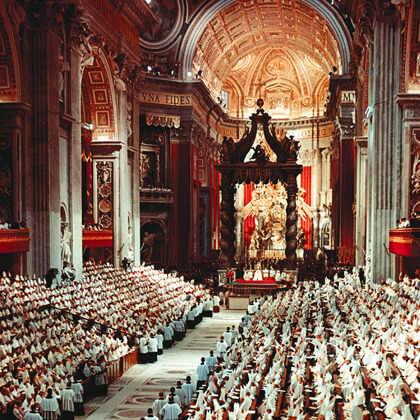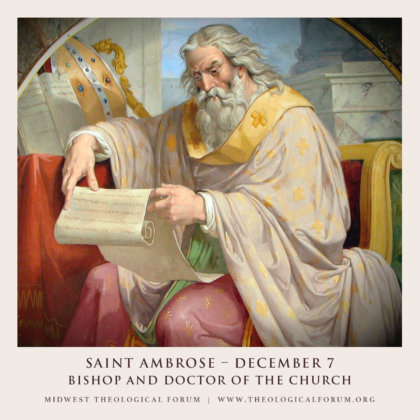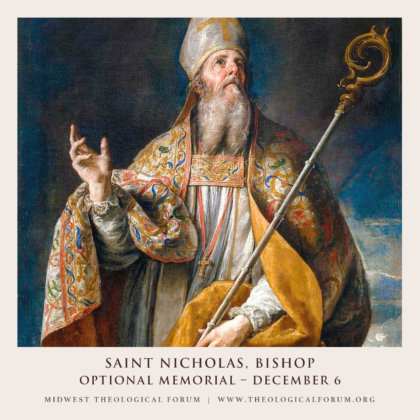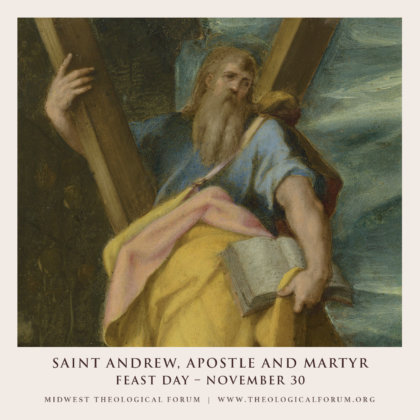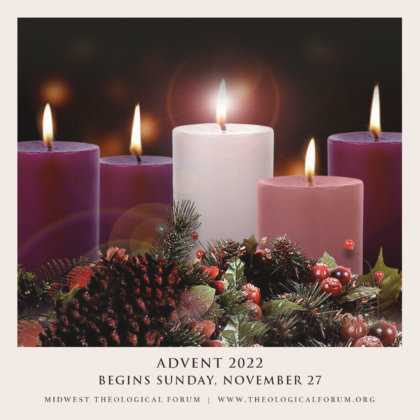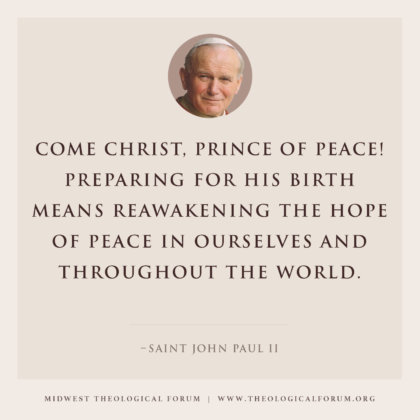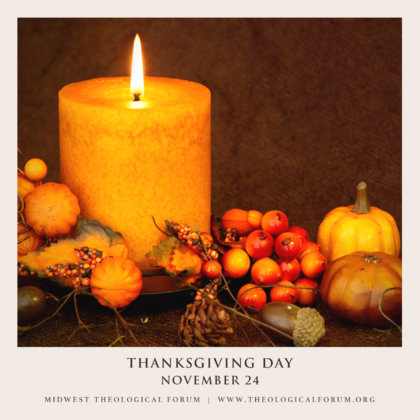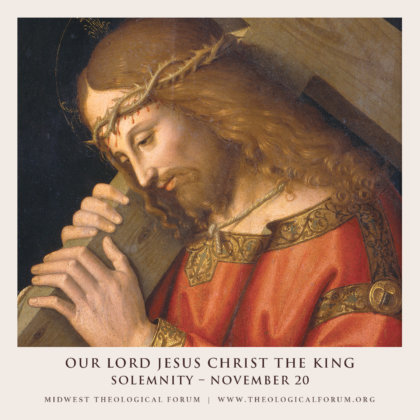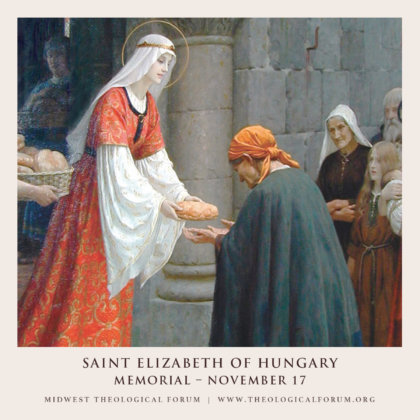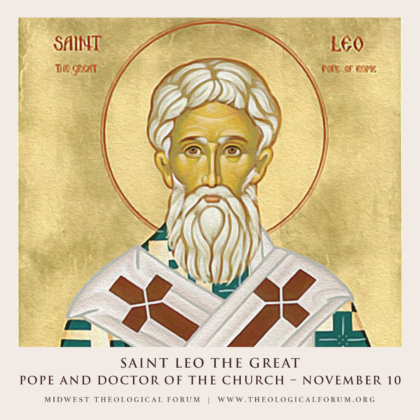*** *** *** “O God, who made the Bishop Saint Ambrose a teacher of the Catholic faith and a model of apostolic courage, raise up in your Church men after your own heart to govern her with courage and wisdom. Through our Lord Jesus Christ, your Son.” (Collect, Daily Roman Missal)
— While St. Ambrose was serving the imperial government and yet a catechumen, he was elected Bishop of Milan. He distinguished himself through apostolic zeal, service to the poor, and effective care of the faithful. An articulate opponent of Arianism in the West, St. Ambrose helped to convert St. Augustine to Christianity and also baptized […]

